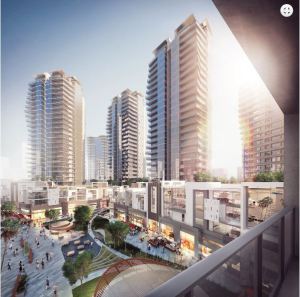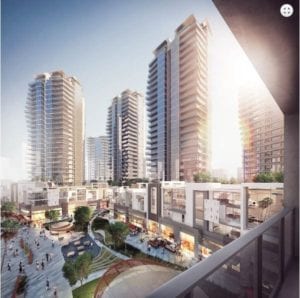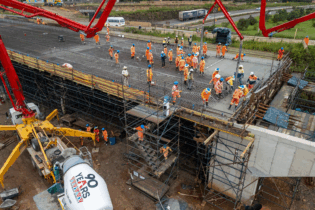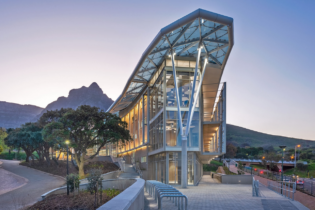 As rapid global urbanisation continues, cities around the world are looking at increasingly radical ways to solve issues like social inequality and climate change in modern urban spaces.
As rapid global urbanisation continues, cities around the world are looking at increasingly radical ways to solve issues like social inequality and climate change in modern urban spaces.
According to the United Nations (UN), 54% of the world’s population lives in cities, compared to just 30% in 1950. This is set to increase to 66% by 2050. The result is a growing increase in urban experiments around the world that are changing the way cities are being built and regenerated.
“The concept of urban experimentation is being used to reshape debates about building and regenerating to incorporate arguments around resilience, climate change and governance. Due to growing populations and the demand this puts on resources and infrastructure, cities are looking at many different ways to accommodate such rapid expansion,” says Dr Andrew Karvonen, an expert in architecture and urbanism at The University of Manchester.
Examples of such experiments range in scale and size, from a city district or neighbourhood to an entire conurbation or region. These include ecological housing developments in Santiago, Chile, and a community garden for social learning in Berlin, to the $16 billion Masdar City project in the United Arab Emirates (UAE) that aims to be carbon neutral and serves pioneer low-carbon technology.
Such experimental activities are seen as compelling because they embrace notions of innovation and creativity. However the questions remains as to whether this experimentation always helps solve real-life problems or if some regeneration developments are expensive vanity projects by a growing number of urban elites.
Dr Karvonen adds that “advocates of experiments see these activities as an enticing way to realise genuine and tangible transformation of the contemporary conditions in cities. Meanwhile, sceptics suggest that urban experiments are simply window dressing activities by the dominant elites that do little to effect change.”
Now, for the first time, a group of 32 social and urban researchers from the UK, Netherlands, Sweden, India, Australia, and the US have come together to give unparalleled insights into contemporary urban experimentation in a book called
The Experimental City.
With contributions from leading scholars, and case studies from the Global North and South, from small to large scale cities, this book suggests that urban experiments offer novel modes of engagement, governance, and politics that both challenge and complement conventional strategies.
Dr Karvonen adds: “This book seeks to contribute a deeper and more socially and politically nuanced understanding of how urban experiments shape cities and drive wider changes in society, providing a framework to examine the phenomenon of urban experimentation in conceptual and empirical detail.”
 As rapid global urbanisation continues, cities around the world are looking at increasingly radical ways to solve issues like social inequality and climate change in modern urban spaces.
As rapid global urbanisation continues, cities around the world are looking at increasingly radical ways to solve issues like social inequality and climate change in modern urban spaces.





